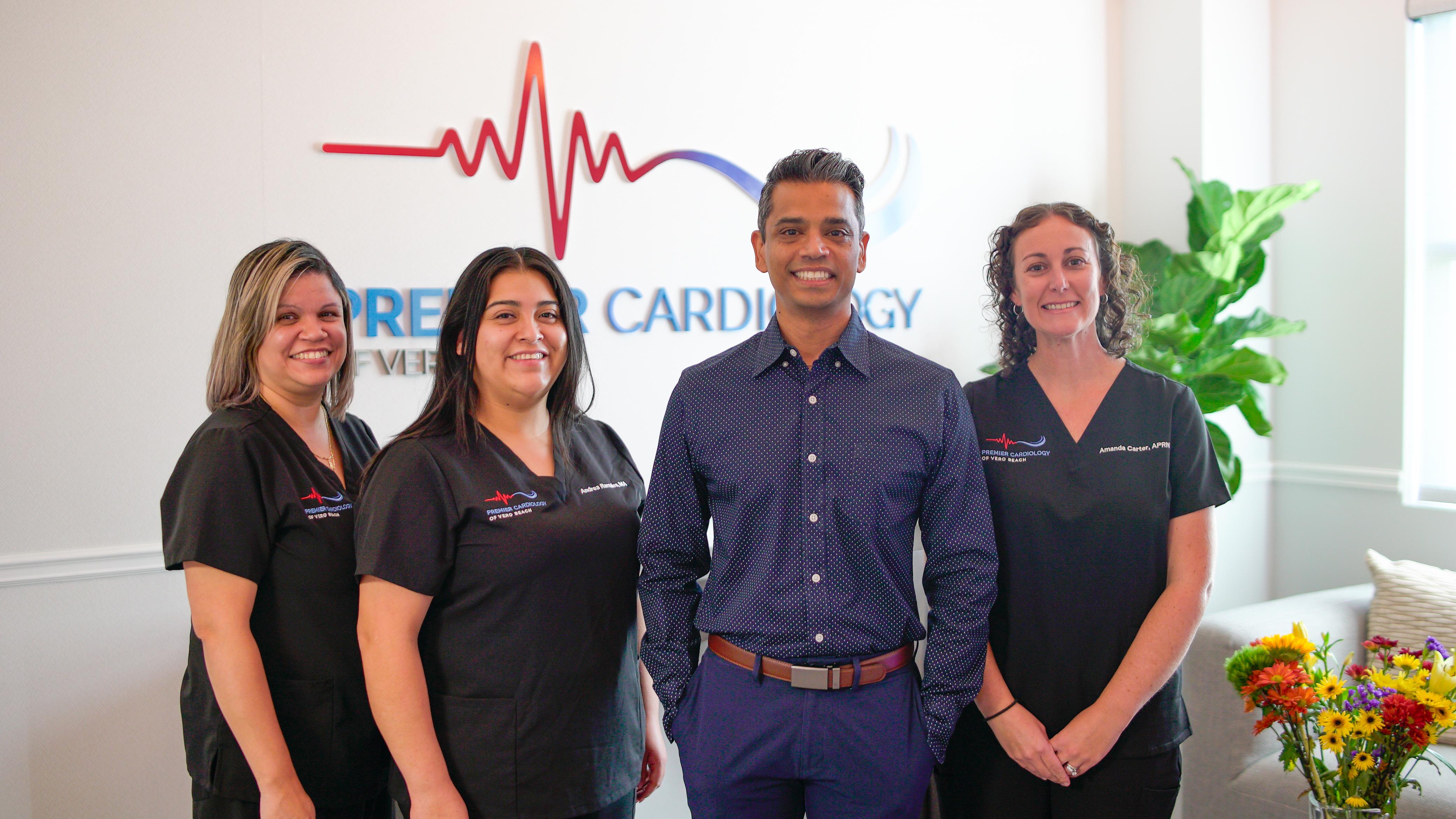Heart failure is a serious condition that requires personalized and expert care to manage effectively. A heart failure doctor, also known as a cardiologist specializing in heart failure, plays a crucial role in overseeing your treatment plan, monitoring your progress, and making necessary adjustments to ensure you live a full and healthy life despite your condition. In this article, we will delve into the key responsibilities and contributions of a heart failure doctor in managing your heart failure.
The Importance of a Heart Failure Doctor
When you are diagnosed with heart failure, it is essential to work closely with a heart failure doctor to receive the specialized care you need. If you are looking for an heart failure treatment, you may contact Premier Cardiology of Vero Beach. Here are some reasons why a heart failure doctor is crucial in managing your condition:
Expertise in Managing Heart Failure
- A heart failure doctor has specialized training and experience in managing heart failure, allowing them to provide you with the most up-to-date and effective treatments.
- They are knowledgeable about the latest advancements in heart failure care and can tailor a treatment plan that best suits your specific needs and circumstances.
Comprehensive Evaluation and Diagnosis
- Heart failure doctors conduct a thorough evaluation, including medical history, physical examination, and diagnostic tests, to accurately diagnose and assess the severity of your condition.
- They work to identify the underlying causes of your heart failure and any contributing factors that may impact your treatment and prognosis.
Key Responsibilities of a Heart Failure Doctor
A heart failure doctor takes on several key responsibilities to help you effectively manage your condition and improve your quality of life. Some of the essential responsibilities include:
Developing a Personalized Treatment Plan
- Based on your specific needs and medical history, a heart failure doctor will create a personalized treatment plan that may include medications, lifestyle modifications, and other interventions.
- They will discuss the treatment options with you, explain the potential benefits and risks, and involve you in shared decision-making to ensure your preferences are considered.
Monitoring Your Progress
- Regular follow-up visits with your heart failure doctor are essential to monitor your progress, adjust your treatment plan as needed, and address any concerns or changes in your condition.
- They will track key indicators such as symptoms, weight, blood pressure, and lab results to assess how well your heart failure is being managed and make timely interventions to prevent complications.
Coordinating Care with Other Specialists
- Heart failure often requires a multidisciplinary approach, involving collaboration with other healthcare providers such as electrophysiologists, interventional cardiologists, and cardiac surgeons.
- Your heart failure doctor will coordinate your care, communicate with other specialists, and ensure that all aspects of your treatment plan are aligned and optimized for the best outcomes.
Benefits of Working with a Heart Failure Doctor
Collaborating with a heart failure doctor offers numerous benefits that can help you effectively manage your condition and improve your overall well-being. Some of the key benefits include:
Specialized Expertise
- Access to a heart failure doctor's specialized expertise ensures that you receive the most appropriate and evidence-based care for your heart failure, leading to better outcomes and quality of life.
- They can guide you through complex treatment decisions, offer expert advice on managing symptoms, and provide ongoing support and education to empower you in self-care.
Optimized Treatment Plan
- Working with a heart failure doctor helps you develop an optimized treatment plan that addresses your unique needs, preferences, and goals, resulting in a more personalized and effective approach to managing your condition.
- They will regularly review and adjust your treatment plan based on your progress, changes in your health status, and new developments in heart failure management, ensuring that you receive the best possible care at all times.
Conclusion
A heart failure doctor plays a vital role in managing your heart failure by providing specialized expertise, developing personalized treatment plans, monitoring your progress, and coordinating care with other specialists. By working closely with a heart failure doctor, you can receive the comprehensive and individualized care you need to effectively manage your condition and improve your quality of life. Remember to actively participate in your care, communicate openly with your doctor, and follow their recommendations to achieve the best outcomes in your heart failure management.
